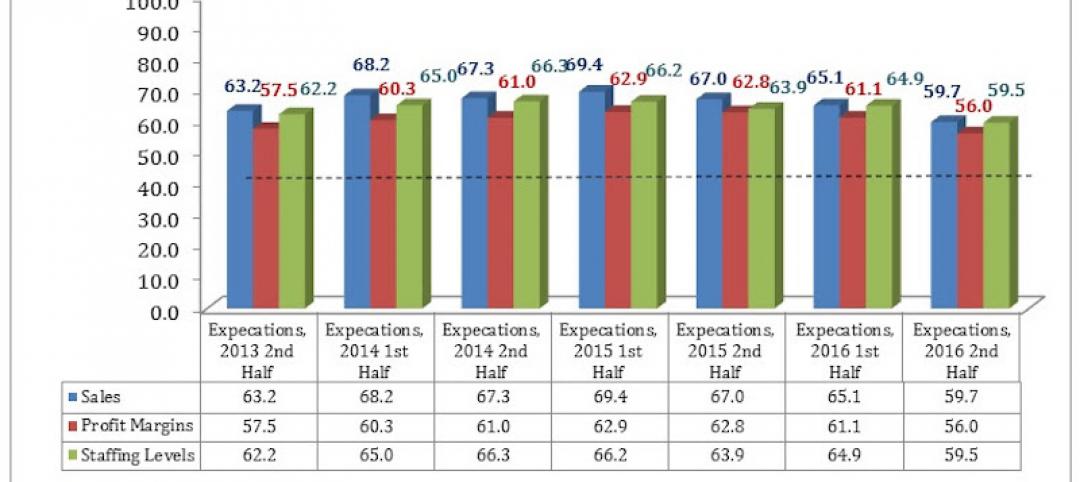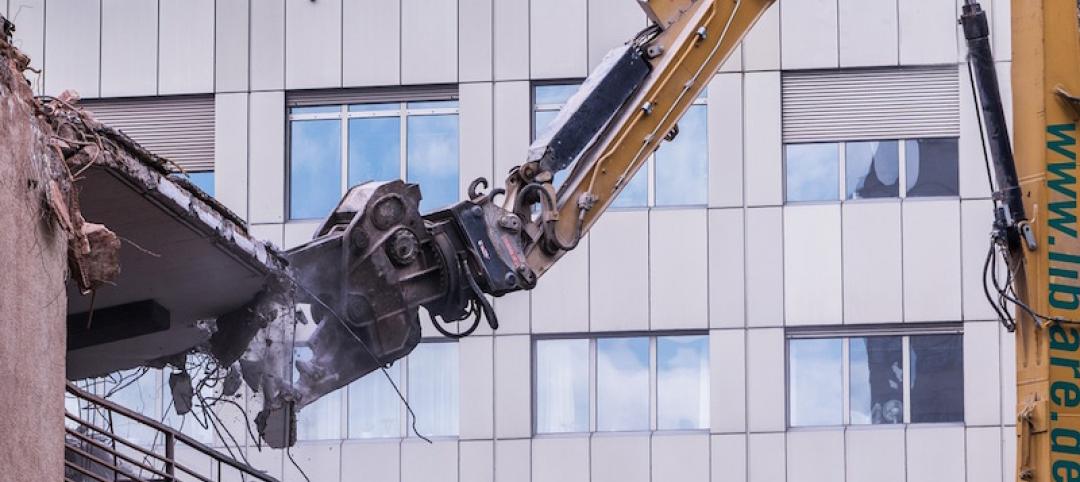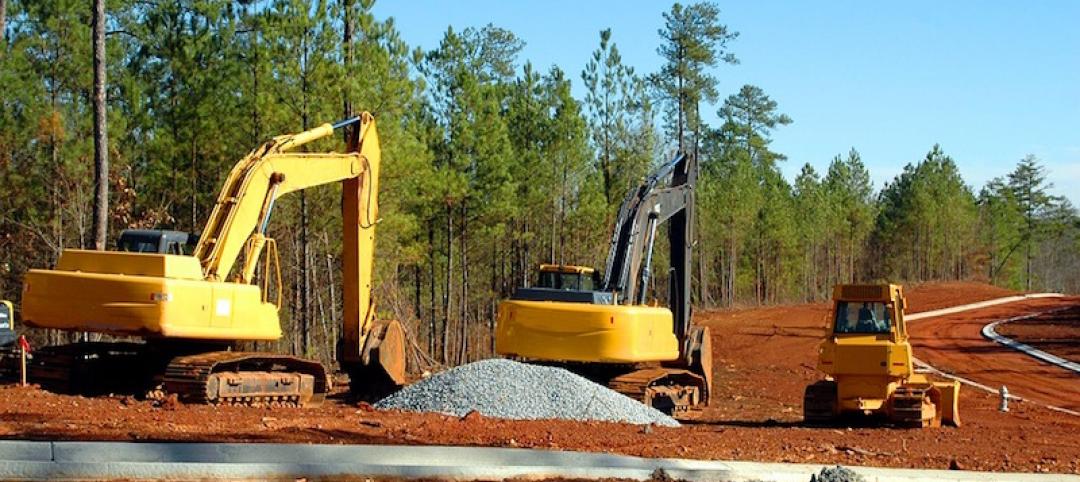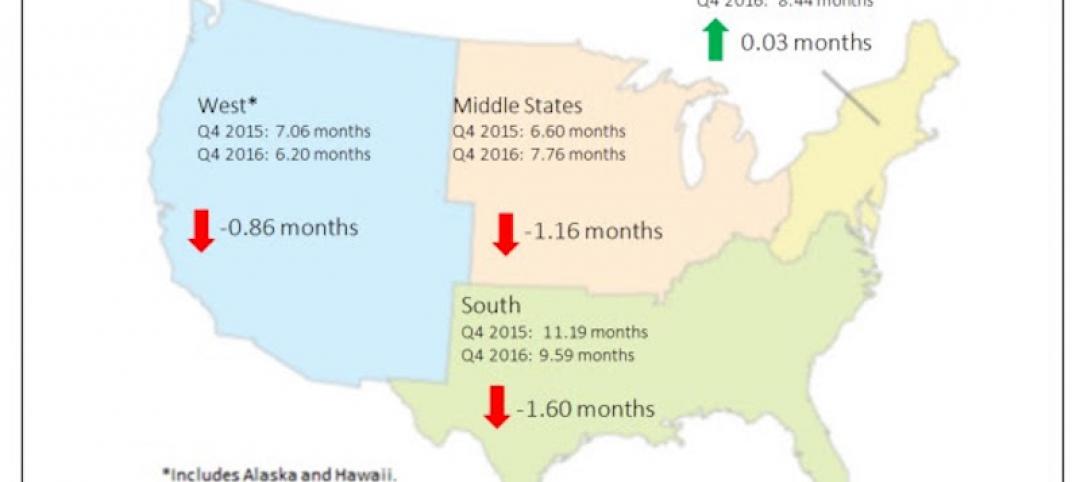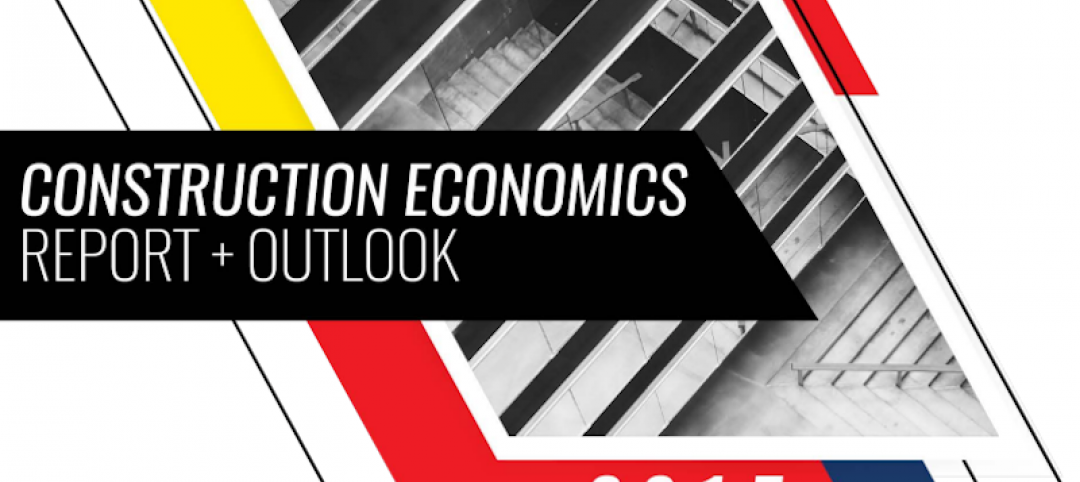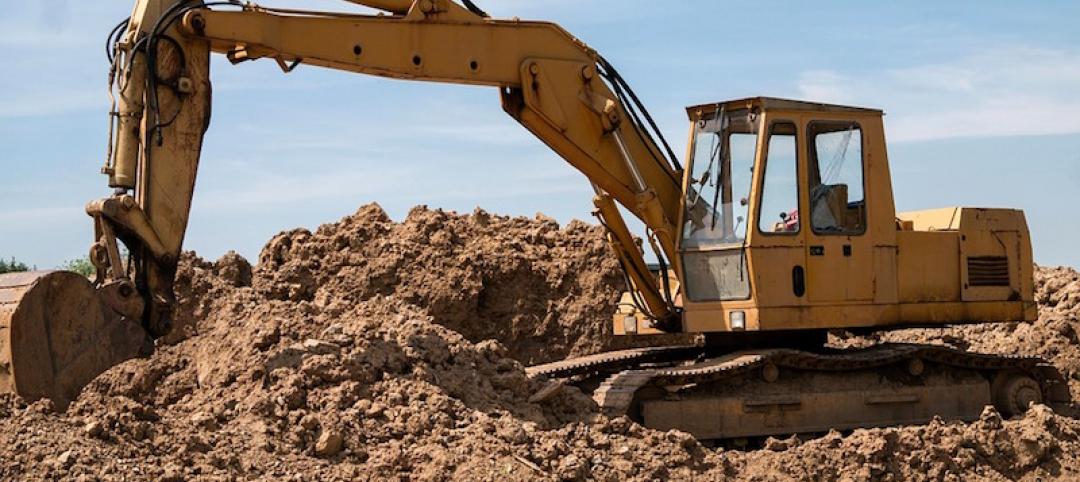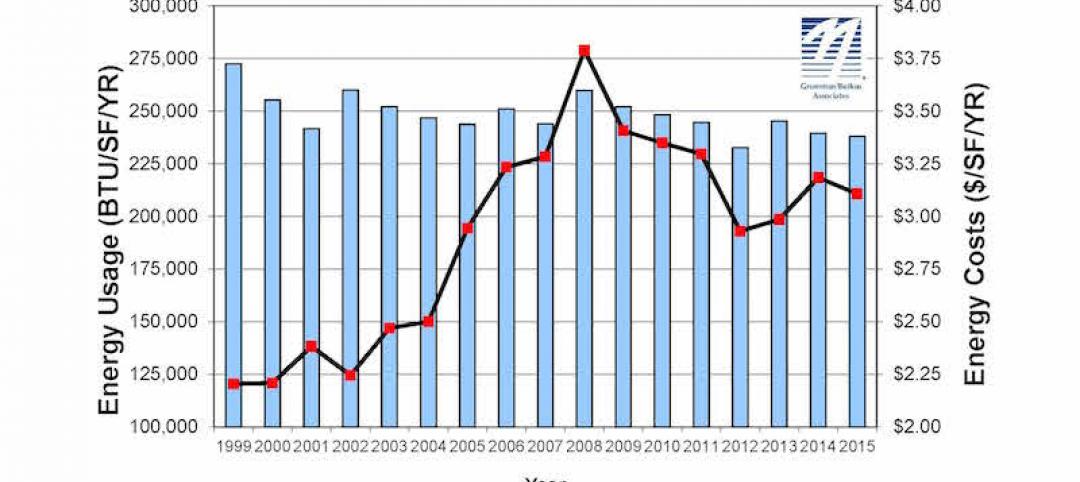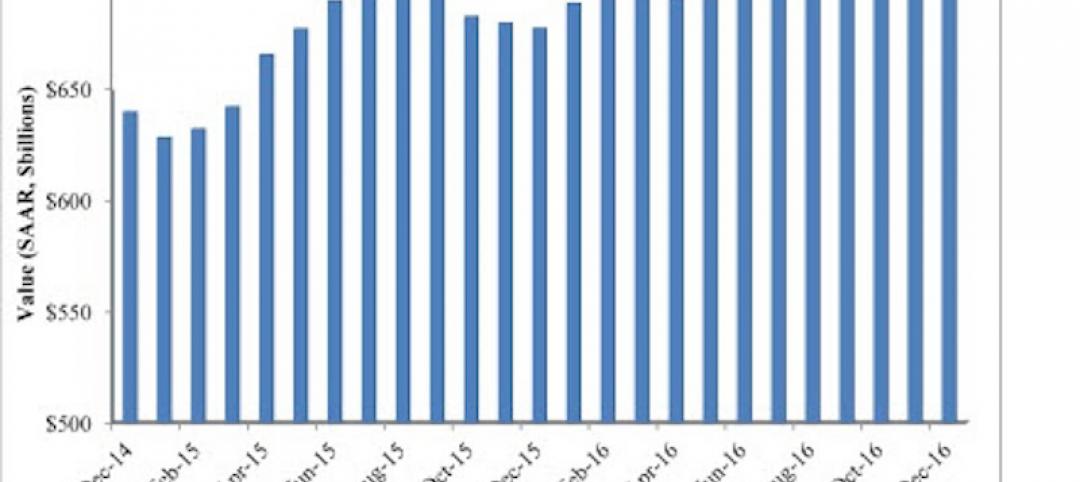Based on data from over *11,000 tracked large-scale country wide construction projects, GlobalData, a leading data and analytics company, finds that 10 major US states account for nearly 60% of the total US construction project pipeline value (US$3.7 trillion).
GlobalData’s latest report: ‘Project Insight - Construction in Key US States’ reveals that, California, Texas and New York are among the states with the highest value of construction projects in the pipeline. With a total of 1,302 projects worth US$524.6bn, California, for example, has both the largest number and value of projects in the US construction project pipeline, with infrastructure projects and mixed-use developments, representing a combined 56% of California’s total pipeline value.
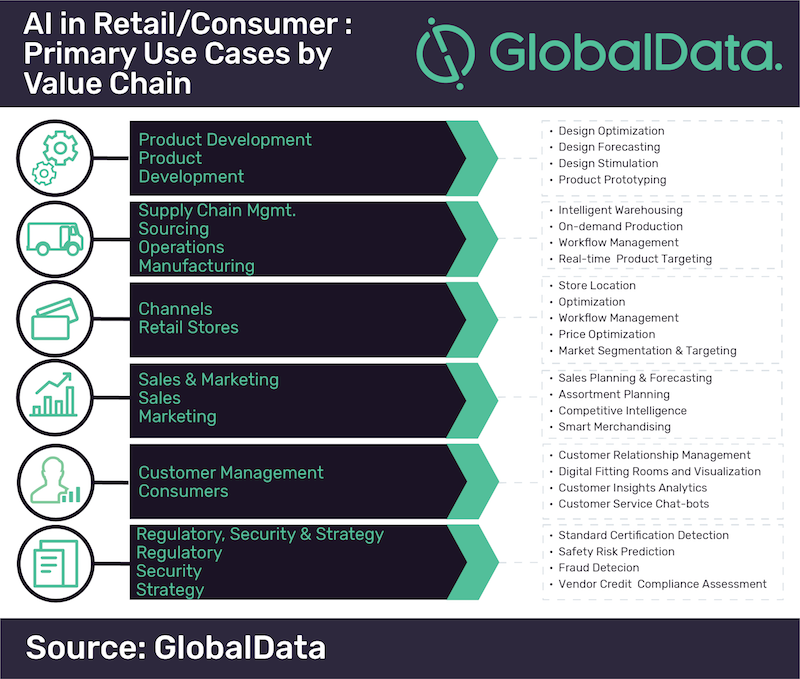
Dariana Tani, Economist at GlobalData explains: “The construction of mixed-use developments is booming across many US states, with the building of American city centers and suburbs coming to resemble one another due to changing demands from consumers and homebuyers. This is particularly the case for states such as Florida, California and New York. In Florida, the construction of mixed-use properties is growing faster than any other US state, with five of the top 10 largest construction projects in Florida being mixed-use construction projects, according to GlobalData.”
The desire to live, work, shop and play within walkable distances is not only unique to millennials and baby boomers, but also older generations who want to live in well-connected urban communities.
Tani adds: “The tech industry is also creating new demand to build more residential and commercial buildings, as well as transport infrastructure to accommodate the influx of workers. Big tech companies such as Google, Apple, Facebook, Microsoft and Amazon are encouraging significant investment. Among the most notable projects in the pipeline are Facebook’s US$850m Willow Campus Mixed-Use Development in San Francisco, Google’s US$800m Residential Development in Mountain View and Microsoft’s US$1bn Redmond Headquarters Redevelopment.”
*These projects are at all stages of development from announcement to execution.
Related Stories
Market Data | Mar 29, 2017
Contractor confidence ends 2016 down but still in positive territory
Although all three diffusion indices in the survey fell by more than five points they remain well above the threshold of 50, which signals that construction activity will continue to be one of the few significant drivers of economic growth.
Market Data | Mar 24, 2017
These are the most and least innovative states for 2017
Connecticut, Virginia, and Maryland are all in the top 10 most innovative states, but none of them were able to claim the number one spot.
Market Data | Mar 22, 2017
After a strong year, construction industry anxious about Washington’s proposed policy shifts
Impacts on labor and materials costs at issue, according to latest JLL report.
Market Data | Mar 22, 2017
Architecture Billings Index rebounds into positive territory
Business conditions projected to solidify moving into the spring and summer.
Market Data | Mar 15, 2017
ABC's Construction Backlog Indicator fell to end 2016
Contractors in each segment surveyed all saw lower backlog during the fourth quarter, with firms in the heavy industrial segment experiencing the largest drop.
Market Data | Feb 28, 2017
Leopardo’s 2017 Construction Economics Report shows year-over-year construction spending increase of 4.2%
The pace of growth was slower than in 2015, however.
Market Data | Feb 23, 2017
Entering 2017, architecture billings slip modestly
Despite minor slowdown in overall billings, commercial/ industrial and institutional sectors post strongest gains in over 12 months.
Market Data | Feb 16, 2017
How does your hospital stack up? Grumman/Butkus Associates 2016 Hospital Benchmarking Survey
Report examines electricity, fossil fuel, water/sewer, and carbon footprint.
Market Data | Feb 1, 2017
Nonresidential spending falters slightly to end 2016
Nonresidential spending decreased from $713.1 billion in November to $708.2 billion in December.
Market Data | Jan 31, 2017
AIA foresees nonres building spending increasing, but at a slower pace than in 2016
Expects another double-digit growth year for office construction, but a more modest uptick for health-related building.



